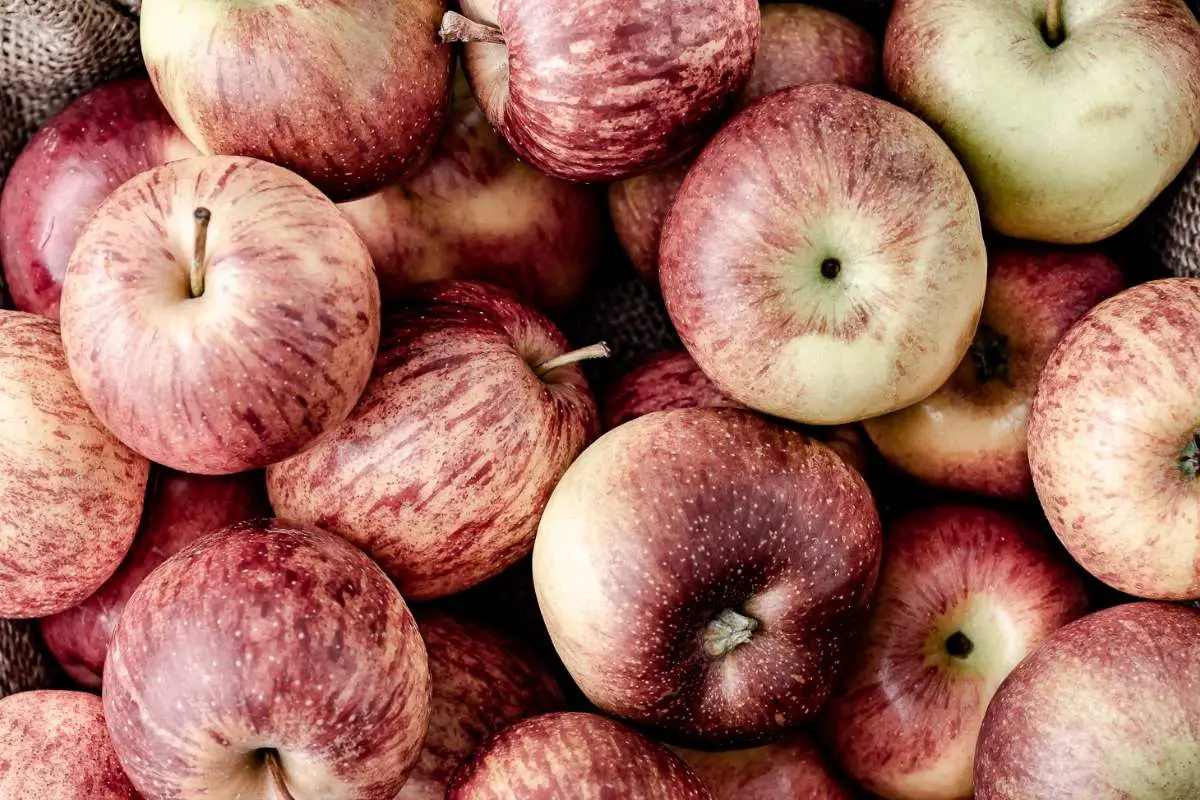Inside: frugal grocery shopping tips you can’t afford to ignore.

A grocery budget can make or break your finances. That’s because it’s one of your largest expenses, often bigger even than your mortgage. The good news? It’s easy to control. Well…not easy; but it can be done. Let’s explore ways to save money grocery shopping and get things under control.
Make a list and a meal plan
If you only do one thing, make it this.
Meal planning is one of those magical habits that solves a lot of problems, and helping with the food budget is just one of them.
If you don’t like the idea of a meal plan, fine. (We’ll talk about that later.). But you can’t walk into the grocery store without a list. It’s just asking for trouble.
The more detailed your plan, the better! Try writing out your list and organizing it by sections of the store. This saves you time and also saves you money because you aren’t tempted by items as you wander around.
(On this note, never grocery shop hungry!)
Buy generic
Most of the time, at least. We all have those certain groceries where only the brand name will do, and that’s fine. But if you are like that about everything, you’re setting yourself up for a huge bill.
Most store brands offer a money-back guarantee if you don’t like them. And although you might feel awkward about taking someone back and saying you don’t like it, you shouldn’t! If the store has that policy, take advantage of it. But most of the time you’ll find that generic food items are just fine.
Make a budget and stick to it
This can be painful. You need to set how much money you are going to spend per trip. Only you know the answer to the question, what can I afford to spend on groceries? The important thing is that you know that number and you stick to it.
Of course, this can be difficult to add up as you put things in your cart. You have a few options:
- Set a monthly budget rather than a weekly budget. If you go over one week, go under the next. (This is hard!)
- If your total is unexpectedly high, tell the cashier you longer want certain things. It’s a little embarrassing. But it’s not that embarrassing. People do it all the time because they simply change their minds, or notice something wrong with one of their groceries.
- Use a pickup service so you can watch that total closely and edit if you start to go over.
Try grocery pickup
This might sound counter-intuitive, but sometimes a service you have to pay for will actually save you money. By pickup, I mean service where you order online, pull up to the store and have them load up your car for you. Walmart offers this service for free.
There are two major cost-saving advantages to grocery pickup:
- There is no impulse shopping. NONE.
- You know exactly what your total is and you can add or delete things to hit your budget.
And of course, it’s convenient!
Grocery delivery to your home is almost always much more expensive. If it’s worth it to you, that’s great! But know that you are definitely paying a premium for convenience.
Buy with the seasons
There are cycles that grocery stores follow year after year that dictate when certain foods will be on deep, deep discount. It’s very predictable, and if you plan ahead, you can take advantage of them.
Often you will find manufacturers’ coupons at the same time, but this is still a great way to save money on groceries without coupons.
For example, baking supplies like flour and sugar are deeply marked down in November and December as shoppers stock up for holiday baking.
Frozen snack foods and pizzas get marked down in January as they compete for shoppers around Super Bowl season.
And picnic supplies like condiments, paper plates, and hamburger buns get marked down every Memorial Day and Labor Day.
Take advantage of these sales! Stock up within reason when they come around. You can’t always buy enough to last you until the next markdown, but you can always buy extra and take advantage of the savings.
Look For Manager’s Specials
Manager’s Specials vary from store to store. They are markdowns of things that they want to move off the shelves quickly. Sometimes this is meat that needs to be used up quickly, produce that is bruised, or day-old bakery items. And sometimes it’s just holiday stuff that didn’t sell well that the store is eager to get rid of.
But whatever the marked-down items are, they are almost always a very good deal! Make sure it’s something you will really use. And if it’s meat, eat it or freeze it that night to make sure it doesn’t go to waste.
Avoid prechopped veggies and other convenience foods
As a general rule, the easier something is, the more expensive it is. Bummer, right? And there is definitely a time and a place for things like granola bars, precooked bacon, and ready-to-eat frozen meals.
Just keep in mind the more prepared something is, the more it will cost. Deli meat and breakfast cereal, while convenient, are some of the most expensive things per pound in the grocery store.
If you’re really looking to stick to a food budget, that’s going to mean doing a lot of cooking from scratch.
Try implementing a bulk cooking or food prep day in your schedule to turn all those groceries into convenient little packages of your own.
Buy canned and frozen produce
Don’t be a fresh produce snob! It seems like every year the fresh stuff gets more expensive and worse quality. With a few exceptions (lettuce and and some fruits), you can get better food for less if you skip the fresh stuff.
Frozen and canned produce is picked when it’s at its most fresh and instantly preserved. It holds up really well on its way to the grocery store and on its way to your house. And it’s usually way, way, more affordable.
Buy in bulk
If done carefully, bulk shopping can be a huge money saver. The biggest problem with bulk buying is when people buy something they have never tried before and they end up not liking it.
But as long as you stick to tried and true grocery items, buying the bigger package is almost always cheaper. The best bulk deals are found at Costco or other warehouse chains, but the regular grocery store will often have them as well. Look for general brands marked “economy size” or “family size”.
One big exception to this rule: sales are often on the smaller sized item. Look for the unit price on the shelf to see which is the better deal.
Over time, you’ll find that you have a well-stocked kitchen and you never run out of staples. This continues to save you money and snowball in a good way. You can replace things when prices are low, not because you run out.
Shop at discount grocery stores
I saved the best for last! With one very simple change, you can drastically reduce your grocery bill even if you are buying basically the same things. If you have a discount store like Aldi or Lidl in your area, give it a try. You’ll be pleasantly surprised by the customer service and the quality of the food.
So if everything on this list seems like a bit much, just change where you shop. You’ll be saving money without trying too hard.
Wrapping Up
Getting your grocery budget under control isn’t rocket science, but it can be hard to actually stick to. Just keep in mind that it gets easier as you get used to it and as you become more comfortable with cooking frugal meals.
You can do this!

